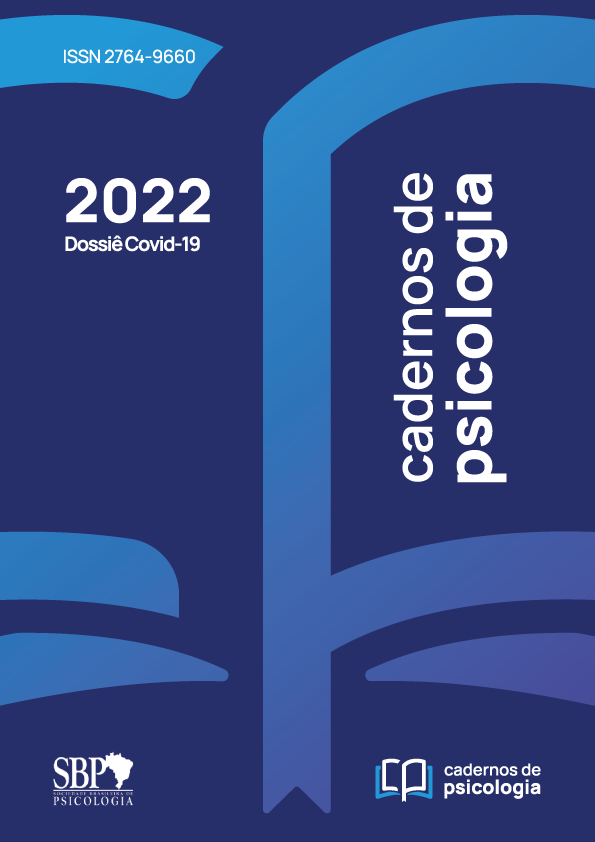Hesitação à vacina de Covid-19 para crianças no Brasil
Abstract
Currently, one of the most effective strategies in the fight against Covid 19 is vaccination. With an expressive number of vaccinated in Brazil, specialists and ANVISA present as a national vaccination plan, the use of immunizations for children, which has caused a certain strangeness and hesitation on the part of those responsible and has divided opinions among the population as a whole. It is known that many opinions are the result of political and ideological positions and that they are in favor or against vaccination. Some groups present arguments that defend the immediate vaccination of children and another that maintains possible harm to health, which can lead to psychological and physical consequences, in addition to deeming unnecessary. In general, this anti-vaccine public has weak or no symptoms when infected with the virus. This work seeks to answer the following question: what do parents and guardians think about vaccinating children? And it aims to analyze the vaccination of children, perceiving risks or benefits, which can generate in the face of the various reactions that arise questions about the use or not of the vaccine. The research had 293 participants of both sexes (M=36.5% and F=63.5%), with an average age of 38 years, distributed in 17 Brazilian states. After statistical analysis, it was found that gender and reduced risk perception are the variables that have a differentiating effect on children's hesitancy and predisposition to vaccinate. On the contrary, living with minor children and schooling did not have significant influences on childhood vaccination against COVID-19.
Keyword: Pandemic; Vaccine; Children; Immunization; Hesitation






